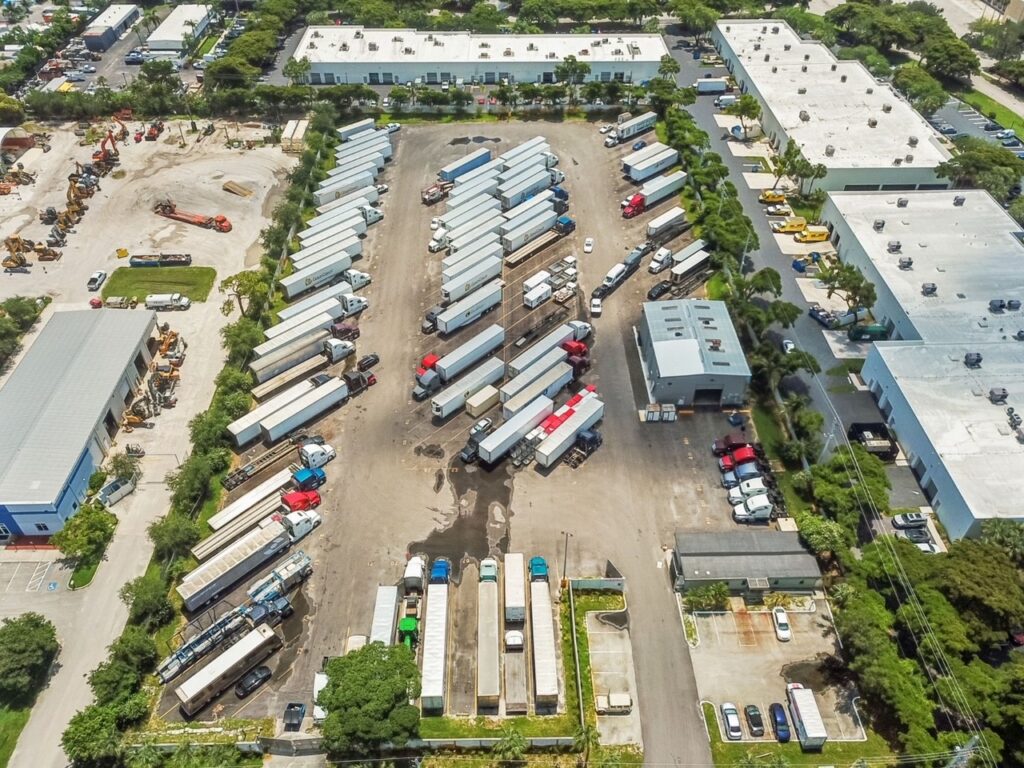As Donald Trump prepares to return to the White House in January, he has an ambitious agenda ahead. The U.S. trucking industry is hopeful that issues important to them will be prioritized by the new administration.
Dave Heller, Senior Vice President of Government Affairs and Safety with the Truckload Carriers Association, visited Canada on November 20 to provide Canadian members with his annual updates on regulatory and safety matters.
Heller expressed optimism about Trump’s administration, stating, “We’ve been down this road before. It’s very favorable for the industry to have Donald Trump in office.” He noted Trump’s tendency to reduce regulations rather than introduce new ones and emphasized the hope that the Republican government will support the independent contractor business model which faced challenges under the Biden administration.
In addition, the trucking industry is advocating for tax reductions, particularly aiming to eliminate the 12% excise tax on new equipment that has been in place since World War I. The Trump administration will also be tasked with overseeing an infrastructure bill, as Biden’s Infrastructure Investment and Jobs Act is set to expire on September 30, 2026. Heller stated that there is also a desire to revisit the timelines for transitioning to zero-emission trucks.
Heller pointed out that while the industry is committed to achieving zero emissions, challenges remain. He mentioned that the current U.S. electrical grid isn’t prepared for a large-scale shift to electric trucks, which are also costly. Furthermore, there are practical issues, such as how drivers will log the time spent charging these vehicles as it significantly exceeds the time taken for traditional refueling.
Key Issues for the New Administration
The new administration could address several trucking-specific issues. The topic of speed limiters has generated controversy within the U.S. despite support from the Federal Motor Carrier Safety Administration (FMCSA). Heller believes that any mandate for speed limiters is unlikely to pass under Trump. Another vital concern is truck parking; funding for this is anticipated to be included in the next highway infrastructure bill in 2026. Truck drivers currently face significant costs associated with parking shortages.
Additional issues include a potential increase in federal minimum liability insurance for operators, safety fitness determinations that currently affect a disproportionately small number of carriers, freight fraud investigations prompted by the FMCSA, and the underwhelming uptake of safe driver apprenticeship programs. Heller expressed hope for increased enforcement against subpar CDL licensing schools and support for mandates on automatic emergency braking systems while opposing costly side underride guard regulations. Moreover, he noted the pressing issue of predatory towing as something the new administration might tackle.


